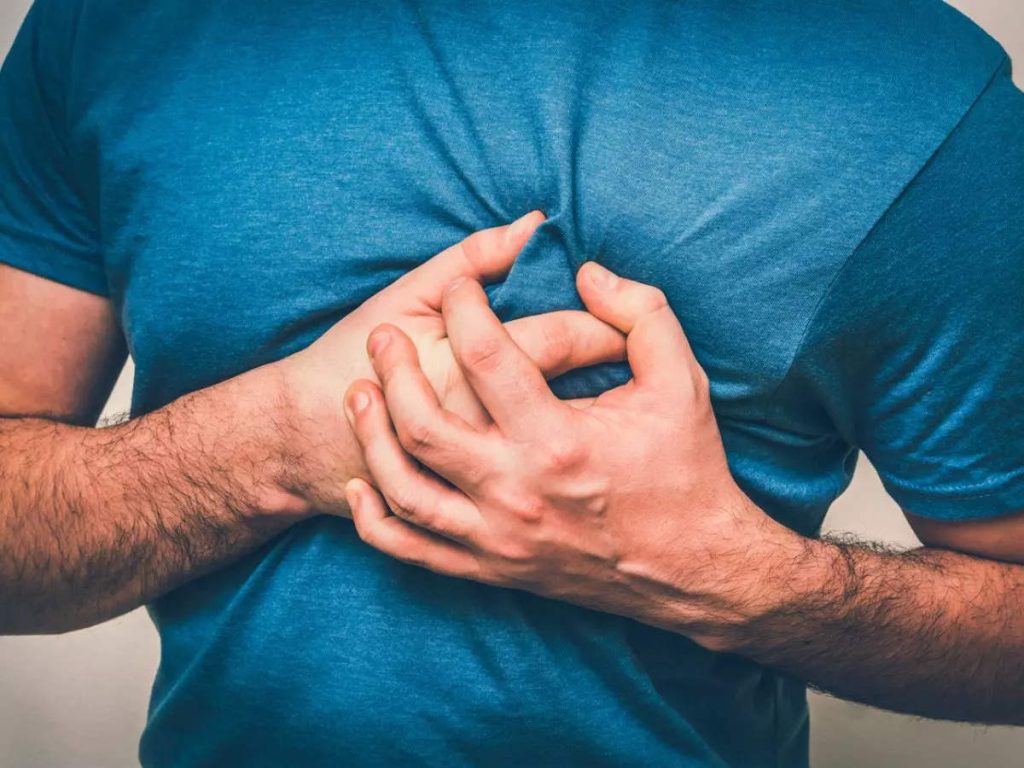
Getting over an alcohol dependency is both of the most difficult and most worthwhile things a person can do. And one of the biggest mistakes people make when undergoing such an ordeal is going in blind. We are here to help rectify that for you.
There are two things that knowledge of alcohol detox can help you with. To start with, it can help you be emotionally prepared. Pain is scary when you know it is coming, but you can also brace for it. That relates to the second thing knowledge provides: The ability to prepare externally.
Alcohol detox programs will give you what you need, but it helps if you know what is going on so you can ask ascendantny.com for it. This list will give you vocabulary for what you are experiencing.
Table of Contents
1. Pain

Source: alcoholrehabguide.org
This one is obvious, but it is a good place to start so we can talk about how and why you will be in pain. The most common pain is headaches that come from a combination of muscle tension and your body having to work overtime to function without alcohol.
You might also feel stomach pain. Remember, your body thinks it needs alcohol to complete the necessary chemical reactions to keep you alive. This is untrue. Pain is how it expresses that lie.
2. Dehydration
While we are talking about pain, this is one of the chemical causes of the pain you experience. We mentioned your body working harder to do its basic chemistry. That means it uses more water, which in turn means you need to drink more water to keep yourself moving.
Keep a steady flow of water into you as you detox.
3. Nausea

Source: collinsdictionary.com
The gut biome is a highly sensitive component of your body. Even if you suddenly stop eating sugar or consuming more vitamins you are likely to get nauseous from the effects of those changes. Detoxing from alcohol is an even more massive change.
The result is an imbalance in chemical equilibrium that will make you nauseous.
4. Lack of Appetite
Of course, that can lead right to you having trouble eating. You can imagine the vicious cycle this creates. Your body is working extra hard, so you’re dehydrated, and your stomach is reconfiguring itself, so you’re hungry. It is no wonder relapse is a part of recovery.
The best way of addressing this is by keeping your meals small and frequent.
5. Mood Swings

Source: cacherbal.com
Now we are getting to some of the less chemically quantifiable elements of detox. Mood swings are troublesome because they can affect the people around you as well as affecting you yourself. Having a hard time is one thing, making things hard for others is another completely.
This is why detox programs exist though. No one can overcome alcohol dependency on their own. You will feel guilty at points but remember that there are people there to help you.
6. Confusion
Your brain is as reliant on alcohol to order its chemical reactions as your stomach, meaning that while the disorientation of detox is frustrating, it is not dangerous by itself. You will experience short-term memory loss, misplacing things, and forgetting what you are doing most of the time.
There is no strong response you can take to stop these things, sadly.
7. Seizures

Source: indiatimes.com
Seizures are uncommon and limited to only the most intense of alcohol dependencies. You have to be a heavy alcoholic for many years in order for your detox to be bad enough for you to experience seizures. But our guide on what to expect from detox would be incomplete if we neglected mentioning this, as it is one of the most common causes of death during detox.
Dealing with seizures is all about surviving them. Sleep on your side in case you have a seizure while you’re sleeping, as the big danger is that you might vomit while lying down and drown in it.
If you have had a seizure or worry that you might, get checked into an in-patient care facility. You will need someone to look after you while you have a seizure if it happens.
8. High Blood Pressure
Older alcoholics suffer from this the most, though people of all ages can experience it as a result of alcohol detox. This is a general stress and panic reaction related to the chemical reliance on alcohol we keep mentioning. But it can exacerbate existing heart conditions.
Like all panic responses, it is not serious unless it leads to aching in the chest or numbness in the extremities, particularly the left arm. If that happens, talk to your doctor. There are heart medications that can help stabilize your heart rhythm.
9. Anxiety and Insomnia

Source: unsplash.com
We have bundled these two together as they play off each other pretty directly. Anxiety will make sleep difficult, and a lack of sleep will worsen anxiety. For the same reason, fixing one will help with the other (although it will not guarantee they go away).
Doctors do not recommend taking sleeping pills while detoxing. Sadly, they are just too strong and can mix poorly with existing conditions. Aromatherapy is better due to being low impact.
10. Fever and Cold Spells
This is another two-for-one, as your body will rapidly go between feeling too hot and too cold. There are two things at play here: First, your body is having trouble regulating its temperature.
And second, your nerves are constricting and relaxing outside of your control. Both of these things give you the feeling of hot and cold even if your temperature stays the same.
Conclusion
Dealing with alcohol detox is difficult, but a detox program can do a lot to help you. For every physical side effect of withdrawal, a detox program can provide you something that will alleviate at least a little of the pain. Just go in with an idea of what you are experiencing and why.
That will allow you to ask the right questions to get the right help.







